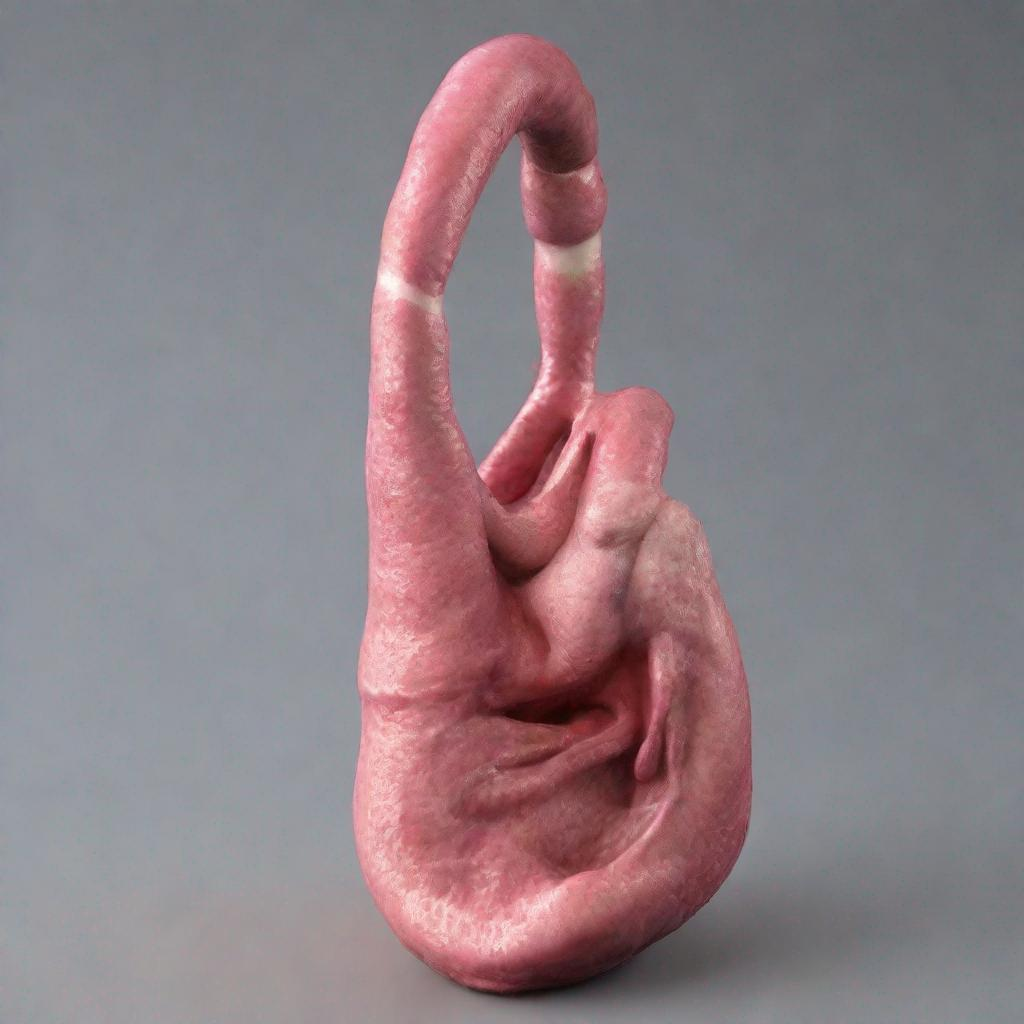## Panic Disorder: Understanding the Causes, Symptoms, and Treatment
Panic disorder is a debilitating mental health condition characterized by recurrent, unexpected panic attacks. These attacks can trigger intense physical and emotional symptoms that can disrupt daily life significantly.
### Symptoms
Panic attacks typically manifest as sudden, intense episodes of fear or discomfort that often peak within minutes. Individuals may experience:
* **Body Parts:** Chest pain, choking sensation, dizziness, lightheadedness, numbness or tingling, shortness of breath, sweating, trembling.
* **Brain:** Depersonalization (feeling detached from oneself), derealization (feeling detached from surroundings), fear of dying, fear of going crazy, heart palpitations, hyperventilation.
* **Central nervous system:** Anxiety, racing thoughts.
### Diagnosis
To diagnose panic disorder, healthcare professionals typically use the following criteria:
* Recurrent, unexpected panic attacks that are not limited to specific situations or triggers.
* Persistent worry about having additional panic attacks or their consequences.
* **Significant changes in behavior** due to fear of panic attacks, such as avoiding certain situations or activities.
### Tests
Various tests can help rule out other medical conditions that may mimic panic attacks, such as:
* **Electrocardiogram (ECG) and blood tests:** To assess heart health and rule out physical causes of symptoms.
* **Neurological exam:** To check for any neurological abnormalities.
* **Psychological evaluation:** To determine if the symptoms meet the criteria for panic disorder.
### Prevention
There is no surefire way to prevent panic disorder. However, certain strategies may reduce the risk, including:
* **Managing stress effectively:** Engage in relaxation techniques such as yoga, meditation, or deep breathing exercises.
* **Maintaining a healthy lifestyle:** Get regular exercise, eat a balanced diet, and get enough sleep.
* **Seeking professional help promptly:** If experiencing persistent anxiety or panic attacks, consult a mental health professional.
### Treatment
Panic disorder is typically treated with a combination of psychotherapy and medication:
* **Psychotherapy:** Cognitive-behavioral therapy (CBT) and exposure therapy effectively help individuals understand and manage their panic attacks.
* **Medication:** Antidepressants (such as selective serotonin reuptake inhibitors or tricyclic antidepressants) and anti-anxiety medications (such as benzodiazepines or buspirone) can help reduce the severity and frequency of panic attacks.
### Complications
Untreated panic disorder can lead to significant complications, including:
* **Agoraphobia:** Fear of leaving home or being in public places where escaping may be difficult.
* **Other anxiety disorders:** Panic disorder often co-occurs with other anxiety disorders, such as generalized anxiety disorder or post-traumatic stress disorder (PTSD).
* **Depression:** Panic disorder can increase the risk of developing depression.
* **Substance abuse:** Some individuals with panic disorder may turn to alcohol or drugs to self-medicate their symptoms.
### Conclusion
Panic disorder is a treatable mental health condition. With proper diagnosis and treatment, individuals can manage their panic attacks and live fulfilling lives. It is important to seek professional help if experiencing persistent anxiety or panic attacks to receive appropriate care and support.



